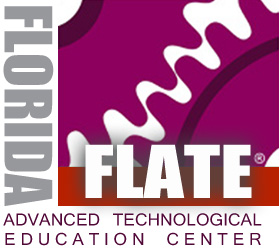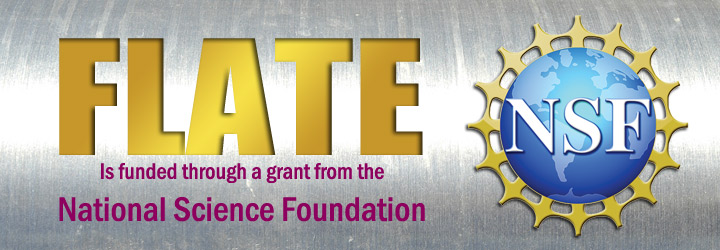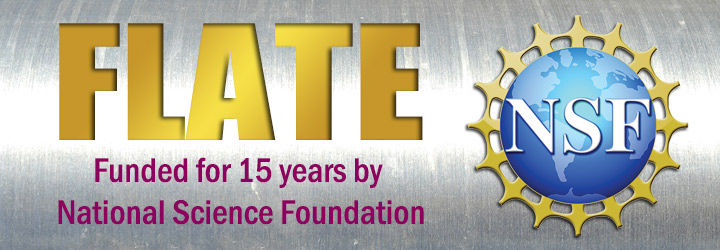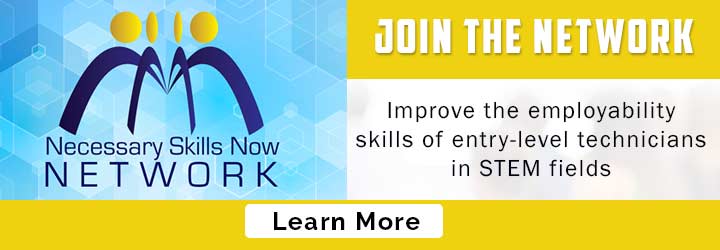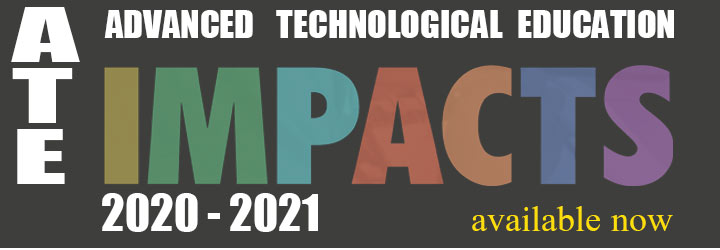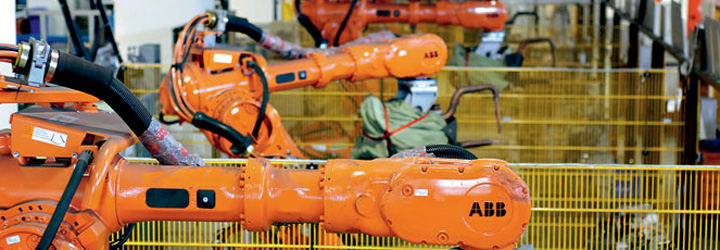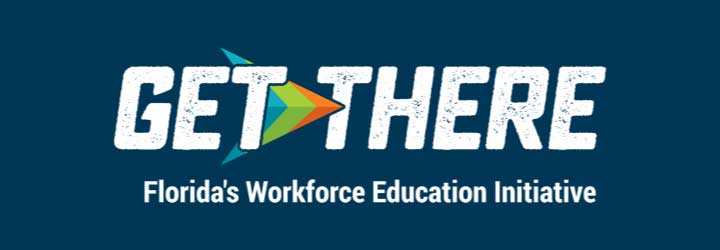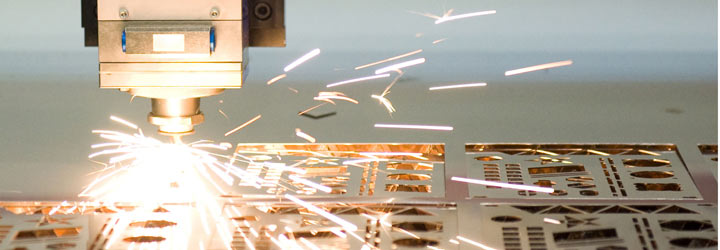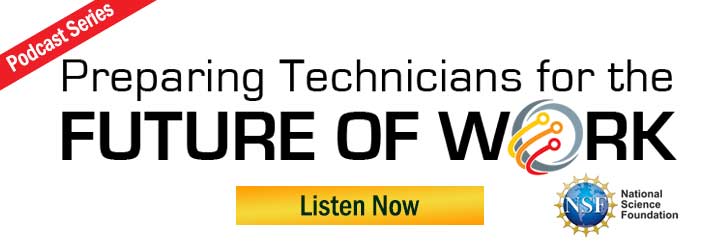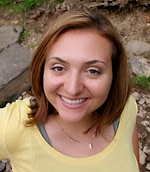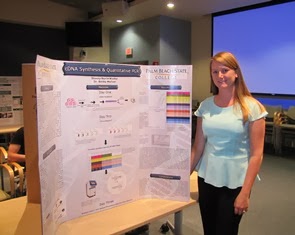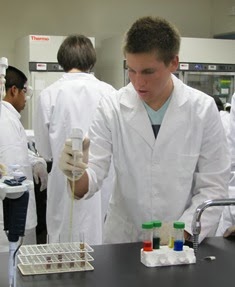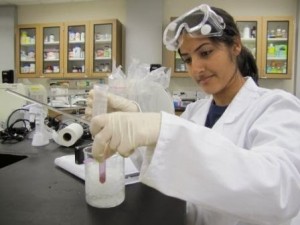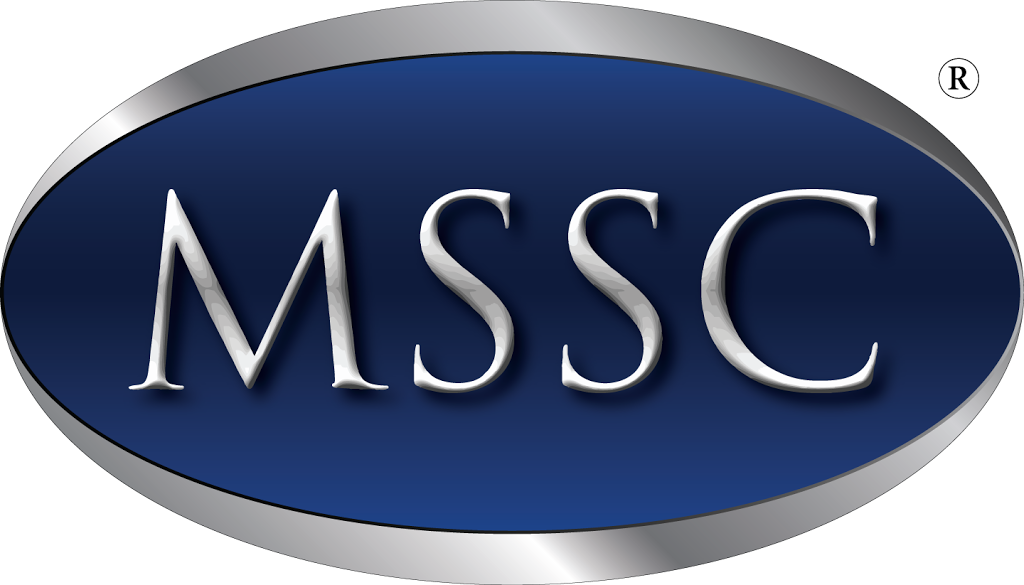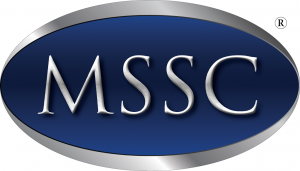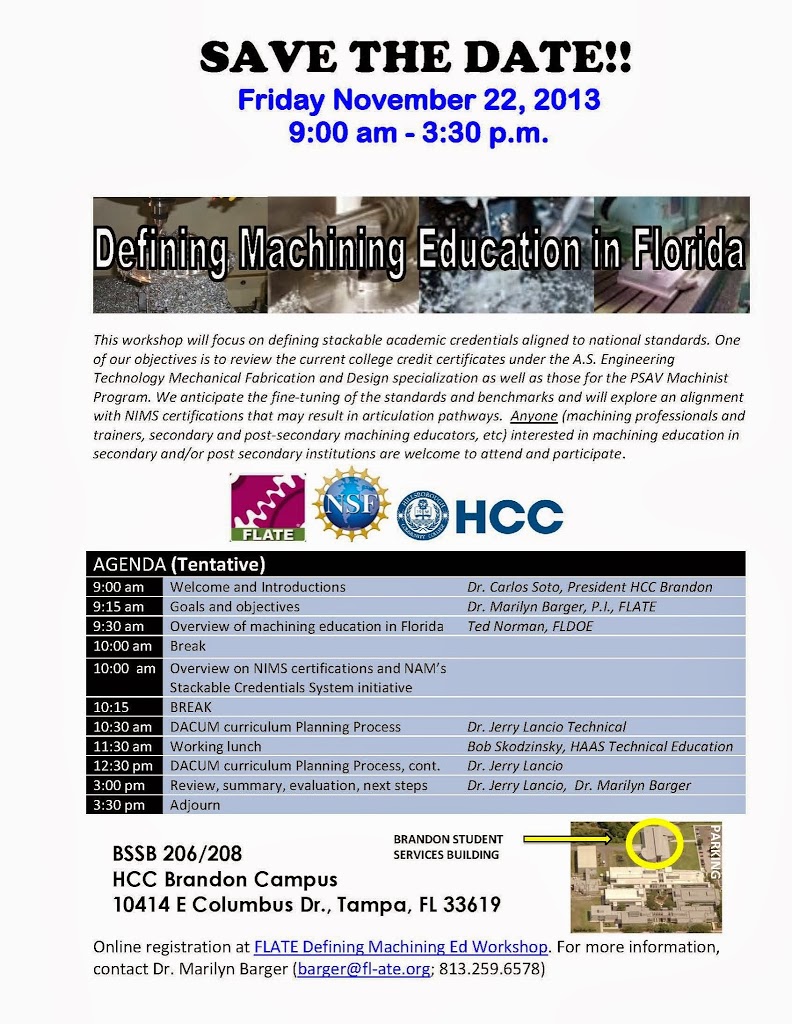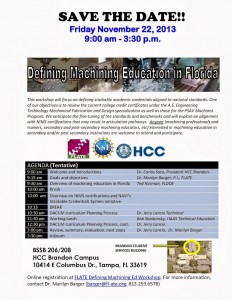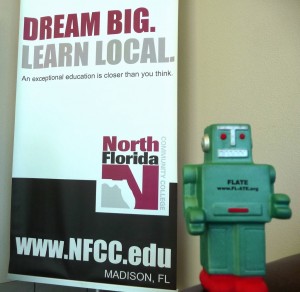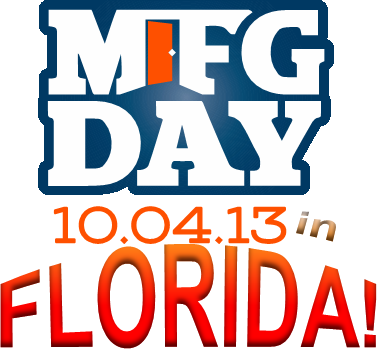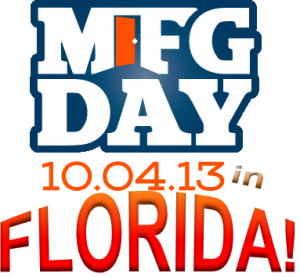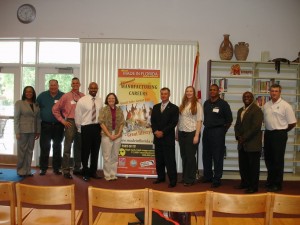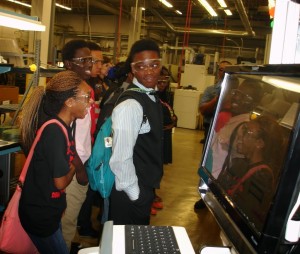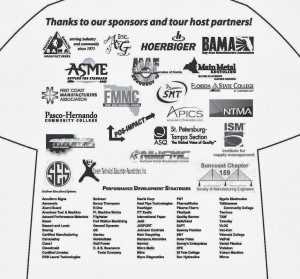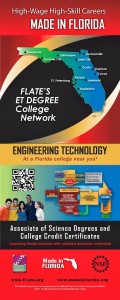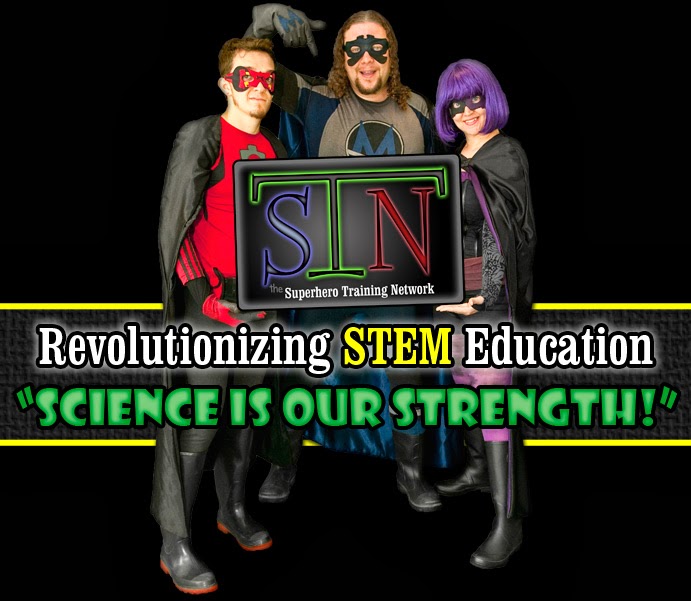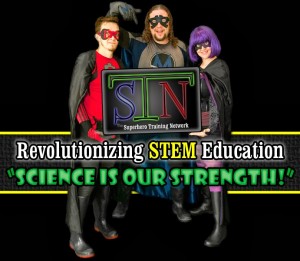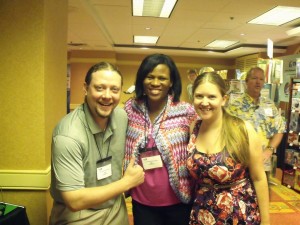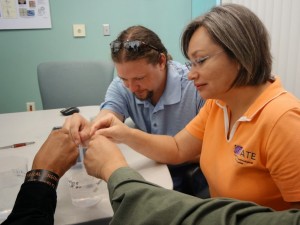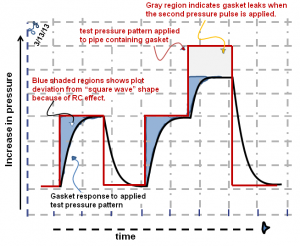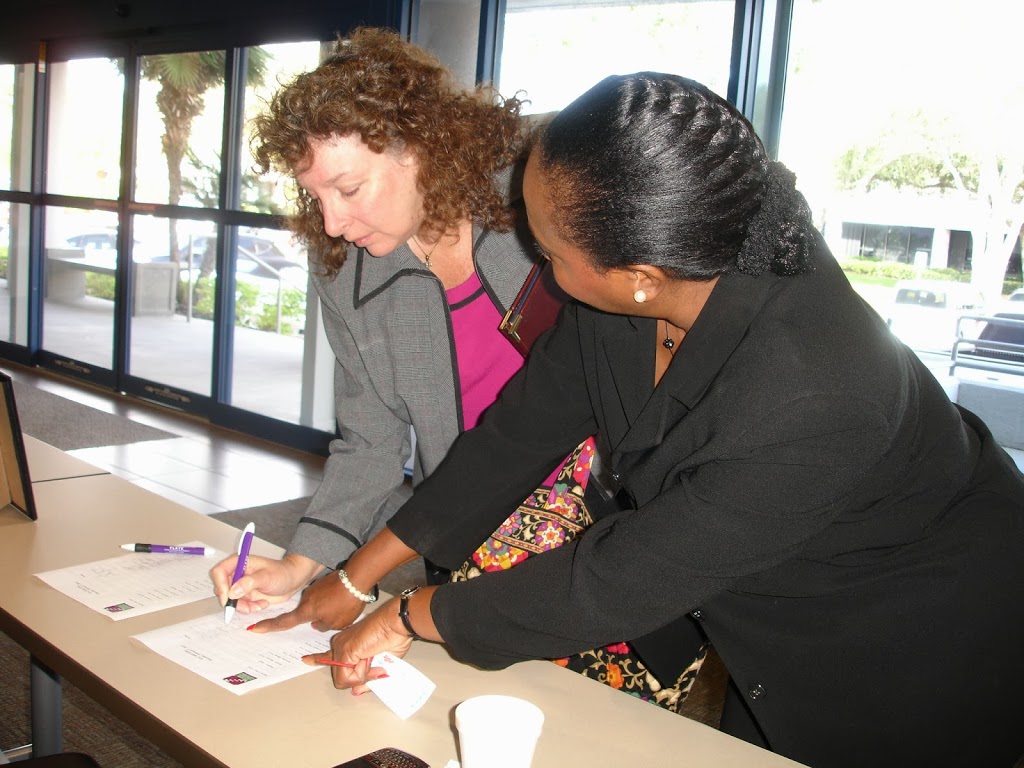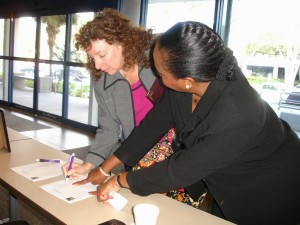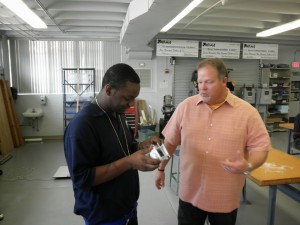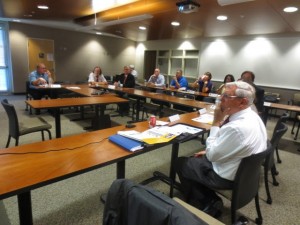hub for fostering several high-tech initiatives. Among these, biotechnology has emerged as a prominent industry cluster in the state. Recent reports published in 2013 from the University of Florida and the Florida Office of Program Policy Analysis & Government Accountability, Florida has experienced a 60 percent growth of biotechnology industry over the past five years, and the state outpaces the nation in terms of biotechnology research and development. Within the biotechnology research and development sector, the OPPAGA identifies Hillsborough, Palm Beach and St. Lucie counties that experienced greatest business growth.
Education initiative recently awarded a grant to Palm Beach State College (PBSC) to respond to the needs of south Florida’s emerging bioscience industry. “The goal of the Biotechnology Laboratory and Skills Training (BLAST) project is to increase student success, retention and graduation among biotechnology majors in order to meet the growing demand in our region and nation for skilled technicians in this field” said Dr. Alexandra Gorgevska, chair and professor in the Department of Biotechnology and the Department of Natural Sciences at PBSC. Gorgevska says the targeted objectives of the project are to provide: student cohort activities to increase student engagement; internal recruiting efforts; provide tutoring, mentoring and career guidance, and creating learning communities and community involvement.
outlined objectives. Activities have centered on creating learning communities, offering student internships, providing venues for student presentations during conferences, hosting internal recruiting efforts, and offering professional development opportunities aimed at educating students about potential career opportunities of a career in biotechnology. “The Biotech program at PBSC provides students with amazing opportunities like the BioFlorida conference and I can’t fathom a better educational environment” said Austin Tregenza, a student at PBSC. The project also hosts an on campus bi-annual, student poster symposia, a biotech awareness week, and opportunities to attend regional conferences that give students the opportunity to present their work at meetings and conferences.
basis of biotechnology. The course serves in attracting both biotech and non-biotech majors. In Spring 2012, there were 11 non biotech major students enrolled in the introductory biotech course, out of which two students took an additional biotech course. In Fall 2012, there were 15 non-biotech students enrolled in the course out of which one took an additional biotech course. In Spring 2013, there we were a total of 13 non-biotech students. Currently, after two semesters, the program has seen 11.5% of non-biotech majors retained in the program.
targeted efforts. “In order to determine if the activities we have implemented will have an impact on our program, we will need to continue these efforts for an additional 2-3 years collect data concerning program completers and tracking of alumni” Gorgevska said. For more information on the BLAST grant and biotech courses offered at PBSC contact Dr. Alexandra Gorgevska at gorgevsa@palmbeachstate.edu, or visit www.palmbeachstate.edu/programs/biotechnology. For information on biotech courses offered at other community and state colleges across Florida contact Dr. Marilyn Barger at barger@fl-ate.org, or visit www.madeinflorida.org.
